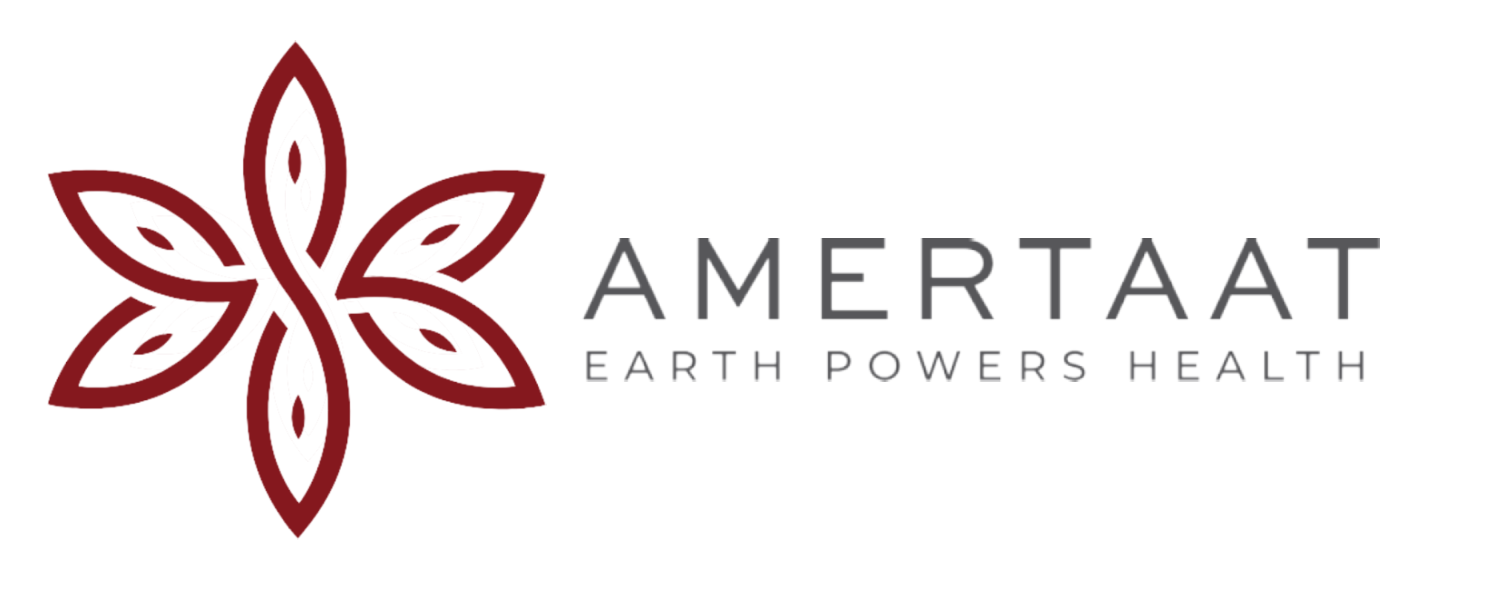Saffron is commonly used as a culinary seasoning, but with a long and varied history in herbal medicine that spans more than 2,500 years, it may also have other uses.
Popular studies have shown some promising benefits of Saffron and here are some reasons why Saffron can be good for you:
Reason 1: Saffron can be a potent antioxidant
Saffron consists of varied plant compounds that can act as antioxidants. According to popular research, Saffron can contain crocin, crocetin, safranal, and kaempferol- all of which are powerful antioxidants. For example, crocin and crocetin are carotenoid pigments that result in saffron’s royal, red colour. It is known that both of these compounds may have antidepressant properties, improve inflammation, reduce appetite, and aid weight loss.
Reason 2: Saffron is an easy addition to anyone’s diet
Due to its subtle quantity of usage, Saffron is easy to introduce to anyone’s diet. Adding a pinch of Saffron to your recipe uplifts the aroma and flavour greatly. Since Saffron is not used more than a pinch, it is an easy introduction to anyone’s diet.
Reason 3: it has many potential health benefits
Saffron research is still in its infancy, however, many scientists have found potential health benefits associated with Saffron. Popular studies have shown that Saffron may may lower blood sugar levels, improve eyesight and memory in adults.
Bibliography:
Mohammad Reza Khazdair, Mohammad Hossein Boskabady, Mahmoud Hosseini, Ramin Rezaee, Aristidis M Tsatsakis. The effects of Crocus sativus (saffron) and its constituents on nervous system: A review (Sep-Oct 2015, National Library of Medicine: National Center for Biotechnology Information, USA), https://pubmed.ncbi.nlm.nih.gov/26468457/
Changkeun Kang, Hyunkyoung Lee, Eun-Sun Jung, Ramin Seyedian, MiNa Jo, Jehein Kim, Jong-Shu Kim, Euikyung Kim, Saffron (Crocus sativus L.) increases glucose uptake and insulin sensitivity in muscle cells via multi-pathway mechanisms (Dec 15, 2012, National Library of Medicine: National Center for Biotechnology Information, USA – https://pubmed.ncbi.nlm.nih.gov/22980812/)






